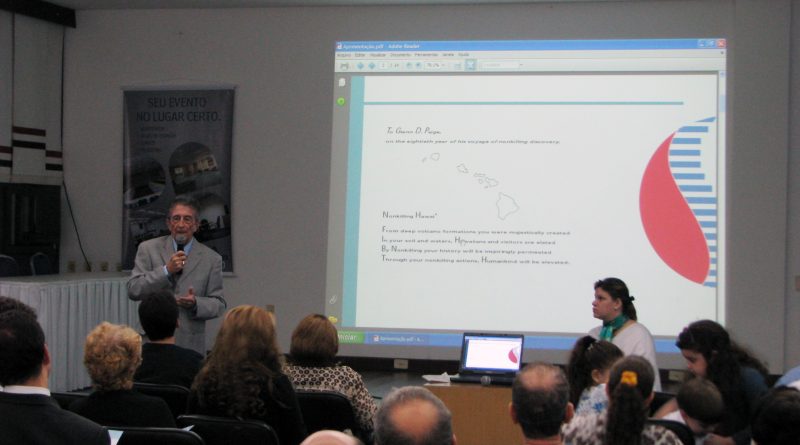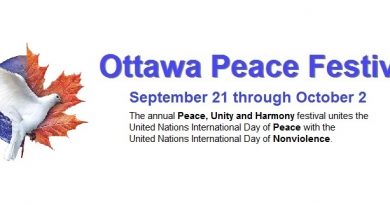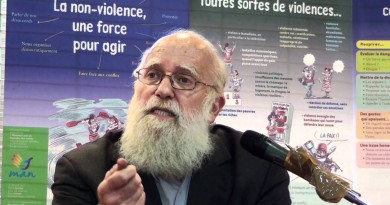Nonkilling Linguistics in TESL Reporter Interview with Francisco Gomes de Matos
The TESL Reporter journal has dedicated its latest issue (Vol 51[2]) to the topic “From Peace Language to Peace Linguistics” and included an interview by Prof. Andy Curtis with Prof. Francisco Gomes de Matos, member of CGNK’s Nonkilling Linguistics Research Committee as well as inspirer and co-author of the Nonkilling Linguistics: Practical Applications edited volume. The interview (that can be read in full online) discusses the current state of Peace Linguistics and also addressess the relevance of nonkilling linguistics. A small excerpt is presented below.
Andy: Even fewer people have ever heard of Nonkilling Linguistics. How would you answer the question ‘What is Nonkilling Linguistics?’
Francisco: Nonkilling Linguistics (NL) is the study of the interaction of language(s) and nonkilling, particularly how language users can be educated to avoid/prevent communicative killing through self-control and communicative dignity. NL is the concrete component in the continuum Peace Linguistics, Nonviolence Linguistics, Nonkilling Linguistics. Nonkilling linguists are educated to help ordinary language users to avoid killing linguistically, for instance, when threatening, intimidating, humiliating.
Andy: Why do you think Nonkilling Linguistics has not become as well known as the other areas of Applied Linguistics, such as Computer-Assisted Language Learning (CALL)?
Francisco: Nonkilling Linguistics was born very recently: in 2012 with the publication of the pioneering volume Nonkilling Linguistics: Practical Applications, edited by Patricia Friedrich. Published in Honolulu, HI, by the Center for Global Nonkilling, the book is available for free download at www.nonkilling.org. For a brief account of the rise of NL, readers can check out my chapter on “Language, Peace, and Conflict Resolution” in The Handbook of Conflict Resolution, the third edition of which was published in 2014, edited by Peter T. Coleman, Morton Deutsch and Eric C. Marcus.
Francisco: TESL Reporter readers might also like to know that I have a poem on “TESOLers as Appliers of Nonkilling” in my book Nurturing Nonkilling (A Poetic Plantation), published in 2011, by the Center for Global Nonkilling. In that text, I give this bit of advice to TESOLers: Let’s not use English to humiliate, depreciate, infuriate, or vituperate. I also advocate that we always use English to change foe into friend, harm into harmony, and kill into nonkill.




